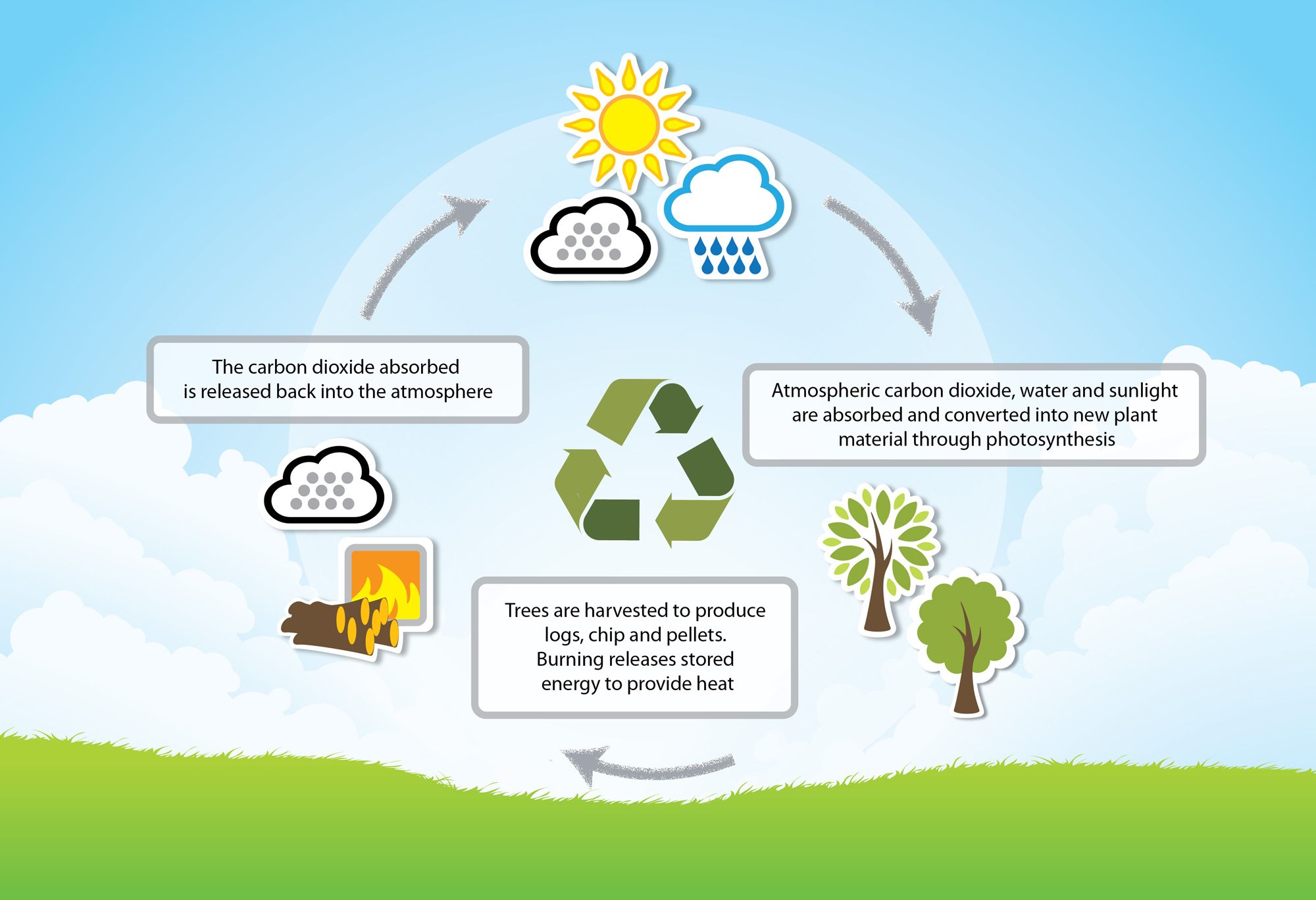What is biomass fuel? Is using biomass fuel better than other fuels? These are certainly questions that many manufacturing enterprises are looking for to apply to industrial boiler systems or other activities that require energy from this fuel.
As a leading provider of industrial boiler solutions, we will provide you with detailed information about this popular fuel. Let’s find the answer with Martech in the content below!
What is Biomass Fuel?

Biomass fuel, also known as BIOMASS, is a type of biological material derived from organisms and plants such as agricultural and forestry waste (straw, tree residue, dry leaves, wood chips, waste paper, etc.). These materials contain chemical energy, the energy source in plants is stored through the process of photosynthesis.
Biomass fuel has been used for a long time, it can be found in gas, liquid, solid,… form and is used to serve many people in life and production. The way to use Biomass fuel is to burn it to release energy.
Biomass fuel today is produced mainly based on natural materials, especially rice husks, palm, and wood, creating a clean energy source, contributing to limiting environmental destruction, while ensuring that production is not reduced. So to better understand the materials used to create Biomass fuel, let’s continue to the next section.
Raw materials to create Biomass fuel
Understanding and knowing the types of raw materials that create Biomass fuel will help you have a more objective view of the origin of Biomass. Biomass fuel is created from the following sources:
- Wood and agricultural products: Biomass fuel is created by exploiting raw materials from wood, agricultural products such as sugarcane (bagasse), hay, corn, natural grass, hemp, palm oil, straw, tree residue, dry leaves, wood chips, paper,…

- Solid waste: Biomass fuel is also created from waste (Some types of waste such as plastic will not create Biomass fuel). Thanks to this raw material, Biomass is considered to contribute greatly to waste treatment.
- Biogas: Treating industrial waste and wastewater with a treatment tank at a high enough temperature helps create gas used as biomass fuel.
Real applications of Biomass fuel
It can be seen that the creation of energy helps people a lot in many different fields from production to life. Some specific applications in which biomass fuel is used are:
- In production: Biomass fuel is used as fuel for boilers, helping hundreds of businesses save significant costs and contributing significantly to protecting the environment from harmful emissions caused by other materials.

- In life: Biomass fuel is converted into liquid form and helps many internal combustion engines or is directly applied to small-scale activities in providing energy.
Biomass Fuel Reviews
Why is Biomass fuel considered a renewable fuel?
The accumulation of Carbon dioxide (CO2) in the atmosphere is one of the leading causes of global warming. When biomass fuels are used sustainably to replace fossil fuels, this increase in CO2 will actually be reduced.
This is because burning fossil fuels takes Carbon from the ground (such as crude oil, gas and coal) and transfers it to the atmosphere as CO2. However burning Biomass (recycled wood) burns Carbon that is already in the natural Carbon cycle so the net effect is that no new CO2 is added to the atmosphere, as long as the forests that produce Biomass fuel are sustainably harvested and managed.

Most biomass fuels are produced within the average human lifetime and are therefore considered an active component of the global carbon cycle, a process that transports carbon in various forms throughout the earth’s natural systems. A significant amount of CO2 is absorbed by plants through photosynthesis, and is then released through plant decomposition. The use of biomass fuels by sustainable forestry practices will stimulate the growth of alternative wood.
A large portion of biomass burned for energy is waste from the forestry industry, such as sawmill waste. This waste also releases CO2, often along with methane (a more potent greenhouse gas than CO2) as it decomposes in landfills and waste piles. Therefore, using biomass waste for energy production reduces methane emissions while replacing fossil fuel use and contributing no net CO2 to the atmosphere.
Are you wondering whether to use Biomass fuel or not? It must be said that Biomass fuel is increasingly used by manufacturing enterprises, some specific reasons are:
- Biomass energy is a solution to help protect the environment, limit harmful effects such as the greenhouse effect, pollution, …
- Biomass energy is a solution to help businesses reduce their dependence on fossil fuels. This helps businesses save a huge amount of money on production materials by taking advantage of the cheap and available Biomass fuel source.
- Biomass energy not only provides a great solution for the industrial sector but also greatly helps promote agricultural development.
- Biomass fuel contributes significantly to the reuse of waste, significantly reducing the amount of waste discharged into the environment.
Of course, any solution will have two sides. With biomass fuel, there are still some disadvantages as follows:
- Biomass fuel is produced from biological materials, this is a fuel that has a great impact on the nutrients needed for the land, leading to a reduction in the amount of land used for agriculture.
- Biomass fuel compared to fossil fuels has a lower energy content.
- Depending on each specific geographical area, the ability to supply biomass fuel is different, so the fuel cost will be relatively high compared to the general level of using fossil fuels such as Coal.
- Biomass fuel burns relatively slowly and requires a lot of combustion space, so it is necessary to design a boiler system using appropriate technology.
The above information from Martech helps you better understand Biomass fuel, as well as the practical applications of this fuel. If you want to learn more about Biomass fuel as well as are learning about biomass fuel application systems such as industrial boilers, please contact us immediately. With experience in implementing and providing leading solutions in the industry, we will give you more detailed and in-depth information about this solution.

